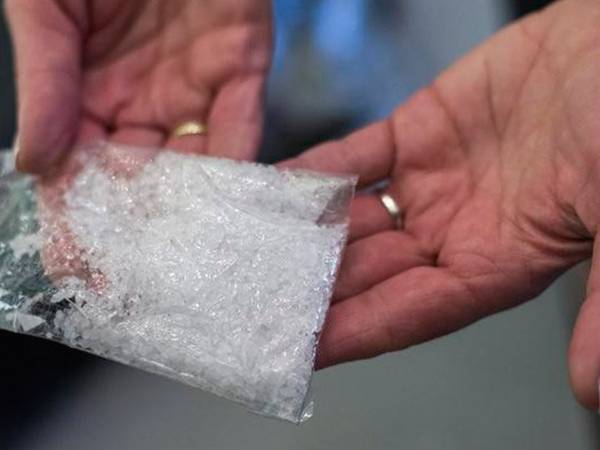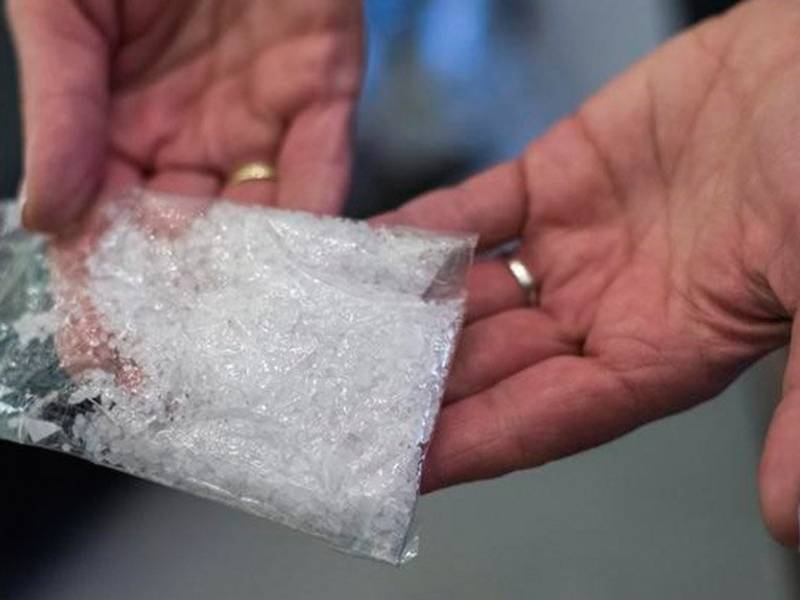The United Nations Office on Drugs and Crime (UNODC) says that while opium poppy cultivation in Afghanistan has fallen by 20 percent this year, the production and trafficking of synthetic drugs particularly methamphetamine continue to rise.
According to the agency, the Taliban’s ban on opium has coincided with a surge in synthetic drug activity. Seizures of methamphetamine and other synthetic substances inside and around Afghanistan by the end of 2024 were about 50 percent higher than in the third quarter of 2023.
The report noted that with the decline in agriculture-based opiate production, synthetic drugs appear to have become the new business model for organised crime groups. It attributed the shift to easier production methods, greater difficulty in detection, and stronger resilience to climate change.
UNODC said drug control strategies must go beyond opium and include synthetic drugs in monitoring, analysis and demand-reduction efforts.
Opium Cultivation Falls Sharply
The UN estimated that opium poppy cultivation now covers 10,200 hectares down from 12,800 hectares last year. Before the Taliban imposed a ban in 2022, around 232,000 hectares were under cultivation.
The report said that opium production in 2025 has dropped even faster than cultivation down 32 percent from 2024 levels to an estimated 296 tonnes. Farmers’ income from opium has fallen by 48 percent, plunging from $260 million in 2024 to $134 million this year.
However, the UN warned that adverse weather conditions, including drought and reduced rainfall, have left more than 40 percent of former opium farmland barren. It added that the return of roughly four million Afghans from neighbouring countries now representing about 10 percent of the population has increased competition for jobs and scarce resources.
The agency cautioned that these pressures, combined with declining humanitarian assistance, could push farmers back toward opium cultivation.
Oliver Stolpe, UNODC’s representative in Afghanistan, said Afghanistan’s path away from illicit crops requires “coordinated, long-term investments, including through international partnerships.” He stressed the need to prioritise both alternative livelihoods for farmers and efforts to counter drug trafficking and reduce demand.
The UN also reported that the price of dry opium has fallen by 27 percent this year to $570 per kilogram, down from $780 in 2024, a sign, it said, of a shifting drug market that may stimulate poppy cultivation elsewhere.
The organisation concluded that cultivation patterns, pricing, and seizure data all point to a major transformation in drug markets and trafficking routes in and around Afghanistan.
Georgette Gagnon, Deputy Special Representative of the UN Secretary-General for Afghanistan, said the country’s drug problem extends beyond its borders and involves both domestic and international actors. She added that close cooperation between key stakeholders is essential and said the counter-narcotics working group under the Doha Process is vital to developing shared solutions.

